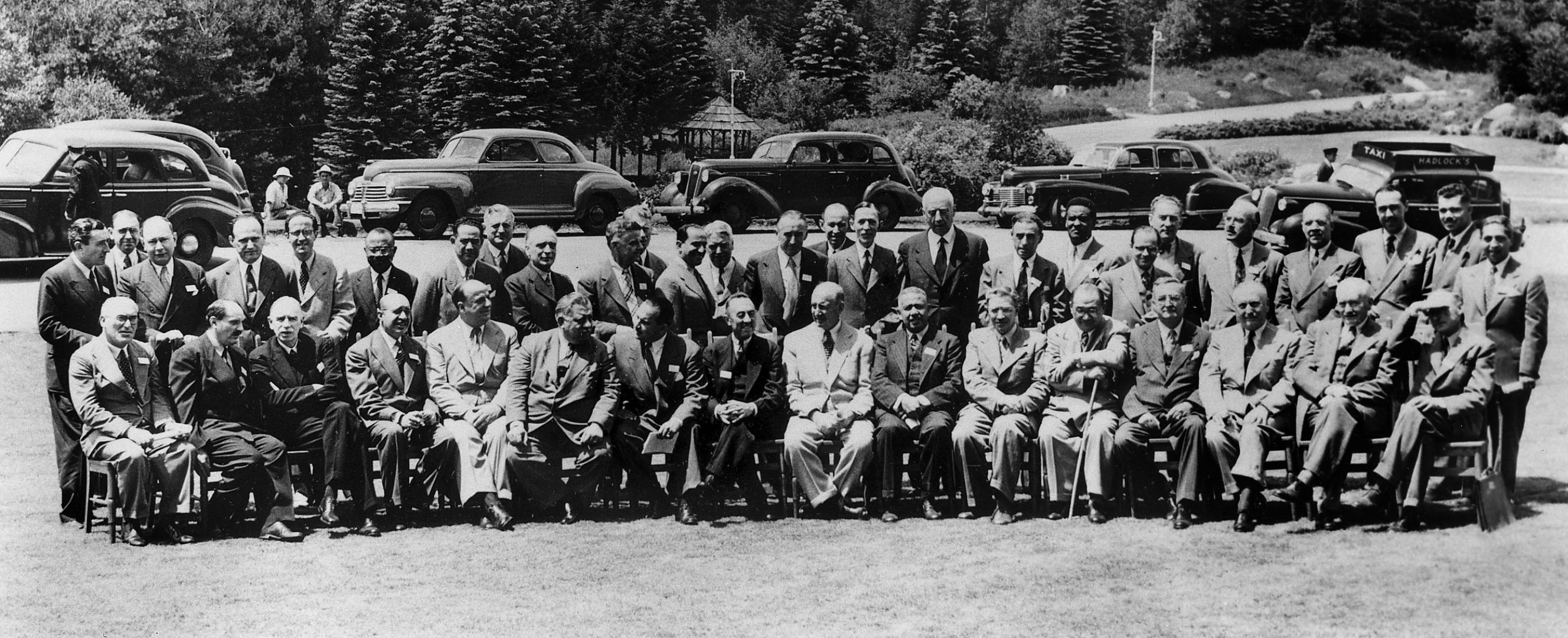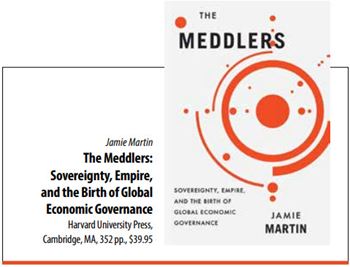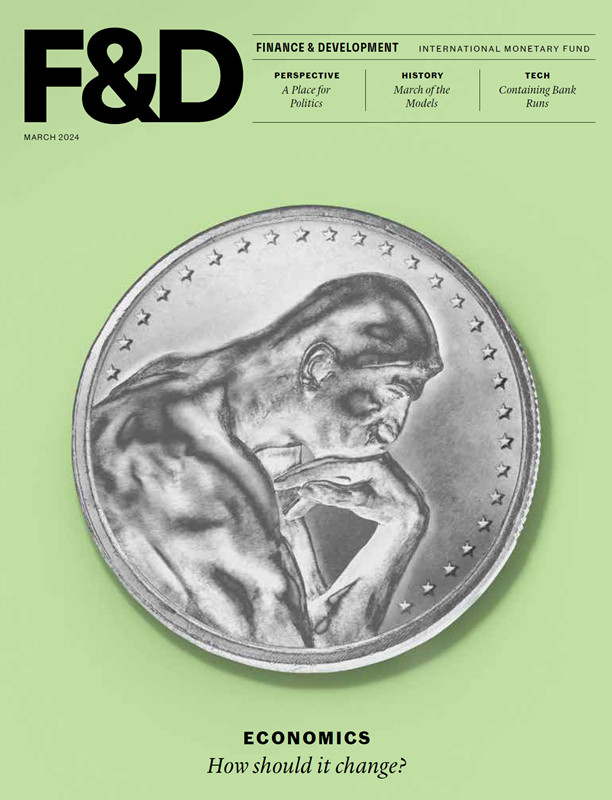THE GUARDIANS OF THE GLOBAL ECONOMY may be established fixtures today, but their roots in Allied supply management during World War I were once controversial.
That’s the starting point for Jamie Martin’s comprehensive history of the formation of international financial institutions, which opens at the close of the Great War, a quarter century before Bretton Woods. His book is a deeply researched contextualization of what led to the 1944 New Hampshire conclave that birthed the IMF and World Bank.
Martin, an assistant professor of history and social studies at Harvard, is critical, but global economic governance supporters and detractors can learn from his tracing of predecessors like the League of Nations and Bank for International Settlements (BIS), created amid war and depression.
He begins with wartime supply councils, and the questions they raised about autonomy for governments. The London-based Nitrate of Soda Executive, for example, was a body led by a British merchant and staffed by government representatives of European allies and the United States. It was formed to dominate buying of a key ingredient of explosives and fertilizer from neutral Chile, the world’s main supplier.
The League of Nations Economic and Financial Organization, prohibited from interfering in member nations’ domestic affairs, gained the ability to do so in the 1920s with new types of conditional lending, Martin writes, detailing the resulting resistance from Albania to Austria. As the global Depression loomed, the creation of the BIS fueled dispute over sovereignty itself, and whether governments or supposedly apolitical financial bodies should control monetary policy.
A thorough account of what are, ultimately, bureaucracies could be tedious, but Martin isn’t. Instead, he brings alive forgotten figures who shaped our world—and links future IMF chief (1956-63) Per Jacobsson and top economist Jacques Polak to their earlier work at the League.
Opinions expressed in articles and other materials are those of the authors; they do not necessarily reflect IMF policy.










